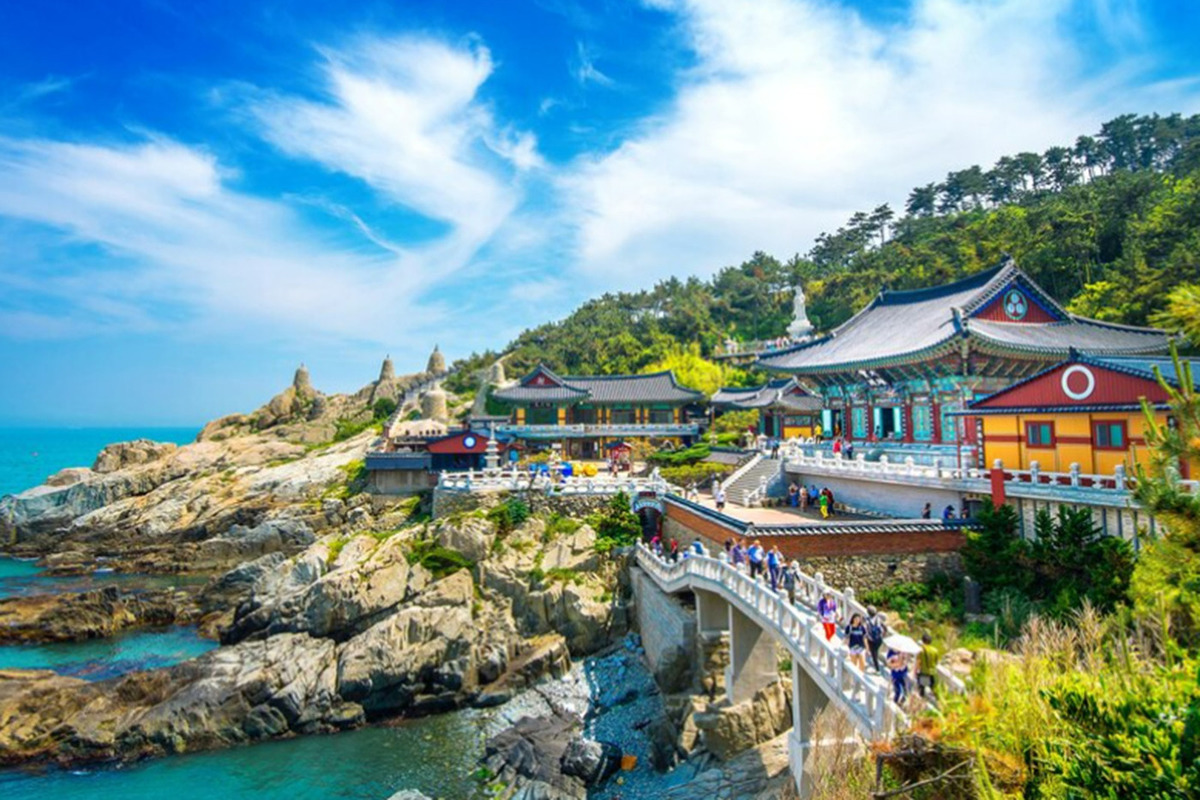Expert Asmolov spoke about the specifics of tourism for Russians in the DPRK: “A security issue”
[ad_1]

In North Korea, the construction of the Wonsan-Kalma tourist zone to receive Russians is underway, the government of Primorsky Krai reported. On February 12, the first Russian tourist group returned from the DPRK after a four-year break. We asked Konstantin Asmolov, senior researcher at the Center for Korean Studies at the Institute of China and Modern Asia of the Russian Academy of Sciences, to comment on this event.
“We mean a large tourist cluster on the Kalma Peninsula near the city of Wonsan,” says Konstantin Asmolov, candidate of historical sciences. — A large complex of several lines of hotels on the shores of the Sea of Japan was almost completed, but the coronavirus pandemic began. It was designed for both Chinese and other foreign tourists. Construction may be ongoing there now. In appearance, the hotels there are not inferior to those located in the resorts of Antalya or Eilat.
As the expert notes, this peninsula is practically isolated from the rest of the DPRK. You can relax there in peace, without encountering those aspects of North Korean reality that may be misunderstood. The rest of the country can only be visited as part of an organized excursion group.
– This is a security issue. Not everyone understands the local cultural code or knows how to behave correctly with North Koreans. Although there were no incidents with regard to Russian tourists, everyone likes to remember the story of the American student Otto Warmbier, not knowing what was really behind it.
According to the official version, Warmbier tried to remove and steal a propaganda poster from the Yangakdo hotel where he lived.
– In fact, the organizers of the tour conducted it according to the principle – “show the North Korean regime a damn thing while the guide is looking away.” As a result, the student, quite drunk, was drawn to heroic deeds. He went to the technical floor and tried to remove the main propaganda slogan mentioning Kim Jong-un from the wall there. He didn’t succeed, then he simply trampled the tripwire, getting caught on camera.
And then, as Konstantin Asmolov says, the student chose the wrong line of defense.
“If he said, “I’m sorry, I was drunk, I don’t remember anything, I repent,” that’s one thing. But he decided to present himself as a victim of circumstances and began to act as if he were communicating with an American jury. Like, he is from a poor family, evil people from the Protestant church said that if he brings a slogan, they will put it in their office as a doormat. And they will give him a used car and 20 thousand dollars. As a result, instead of hooliganism, Otto Warmbier said sacrilege. And he was sentenced to 15 years of forced labor.
As the expert says, Western criminals are kept in the DPRK in more comfortable conditions than others. And they usually give it back after two years, regardless of the period.
“Probably not knowing all this, the student, having heard the verdict, attempted to commit suicide in his cell. After this, the northerners made a mistake by not notifying anyone about this. And in June 2017, the student was transferred to the United States when he was already in a coma. Six days after returning home, he died. Warmbier’s family was shocked and tried to prove that their son was tortured in prison. But forensic experts, after examining and x-raying the entire body, found no signs of torture. Such an unpleasant collision happened, which is often remembered when mentioning tourism in the DPRK.
The expert believes that if clear rules of behavior are observed, there are no risks for Russian tourists. Moreover, given North Korea’s positive attitude towards Russia.
— Now the first Russian tourist group after the pandemic has returned from Pyongyang to Vladivostok. The test tour was organized after the visit of the Governor of the Primorsky Territory Oleg Kozhemyako to the DPRK. Now there will be reports, which, in my opinion, will determine the future prospects for the development of tourism.
Russian tourists who have now visited North Korea shared that they visited Pyongyang and then skied the slopes of the Masikren ski resort. And they arrived with a lot of positive impressions. In March, the Korean side is ready to receive two more groups of Russian tourists of 100 people each.
Konstantin Asmolov, in turn, noted that, in addition to tourism, Russia and the DPRK will develop cooperation in science, medicine and education.
[ad_2]
Source link








